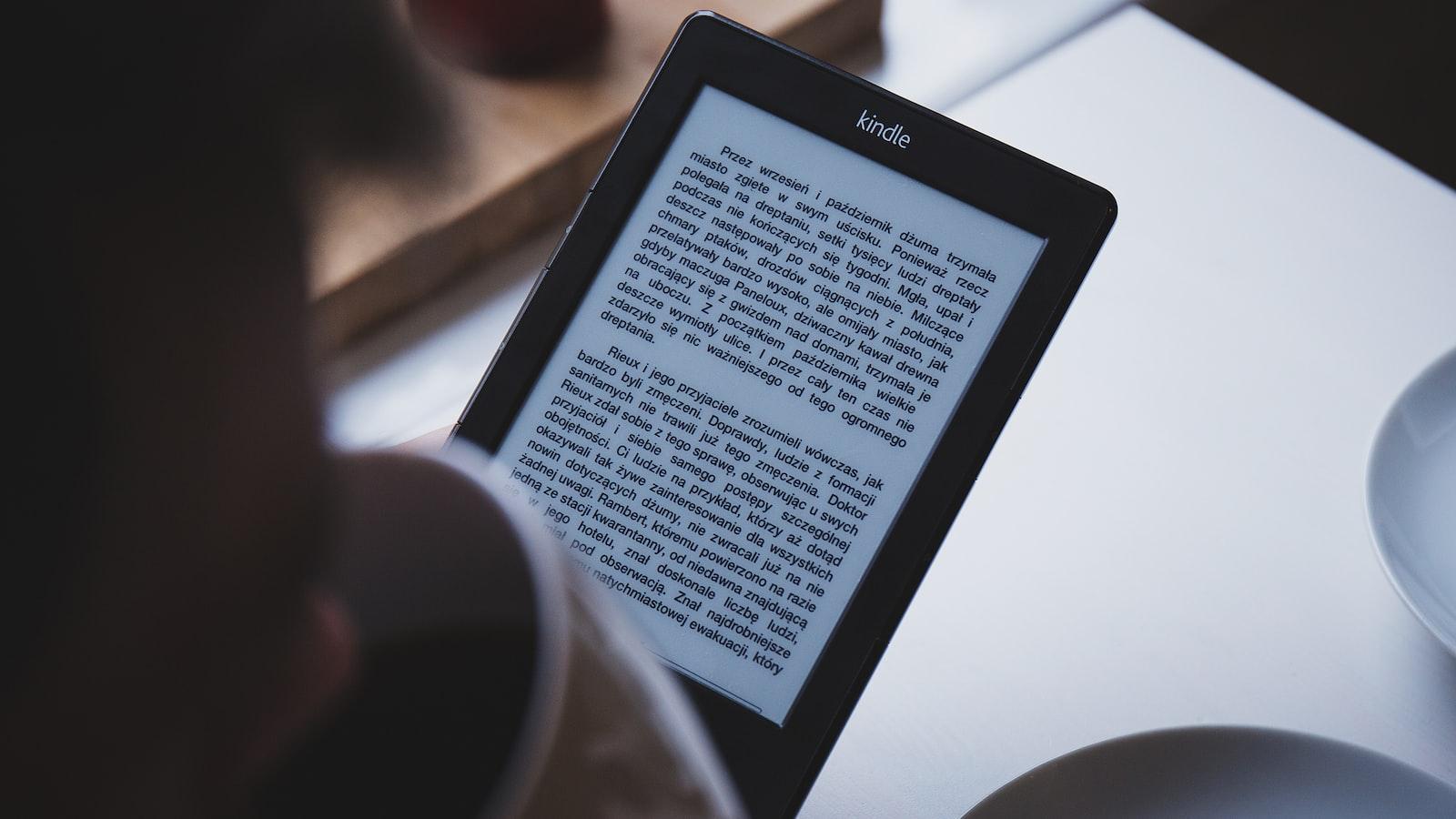Welcome to the digital realm, where the pages come alive with a simple swipe and words whisper from within the sleek handheld devices. In this era of technological innovation, e-book readers have become the favored companions of book lovers and technology aficionados alike. While they offer unprecedented convenience and a gateway to endless literary possibilities, it is imperative to navigate the expansive landscape with caution and ponder the pros and cons that accompany this digital revolution. So, let us embark on a voyage of discovery, as we dive deep into the heart of the digital age, unraveling the mystique surrounding e-book readers, and uncovering the many facets that constitute their pros and cons.
Pros and Cons of E-Book Readers: Navigating the Shift from Traditional Books
As our world rapidly transforms to keep up with technological advancements, one area that has experienced a prominent shift is the way we consume literature. With the rise of e-book readers, traditional books are facing a paradigm shift in how readers engage with their favorite stories. This change brings along various pros and cons that contribute to the ongoing debate regarding the future of reading. On one hand, e-book readers offer immense convenience, allowing users to carry an entire library in the palm of their hand. With the capability to store and access thousands of books at any given moment, readers can enjoy flexibility and portability like never before. Additionally, e-books provide options for adjustable font sizes and customizable reading experiences, accommodating a wide range of preferences. On the other hand, some argue that the experience of physically flipping through pages cannot be replicated by a digital device. Traditional books possess a unique tactile quality, creating a personal and emotional connection for many readers. Furthermore, e-book readers require an initial investment, and the reliance on batteries or charging can disrupt uninterrupted reading. It is important for readers to consider both the benefits and drawbacks of e-book readers as they navigate this evolving digital age.
Pros of E-Book Readers
| Convenience | Portability | Customizable Reading Experience |
|---|---|---|
| Carry thousands of books in one device | Read anytime, anywhere | Adjustable font sizes and settings |
Cons of E-Book Readers
| Lack of Tactile Experience | Initial Investment | Reliance on Batteries/Charging |
|---|---|---|
| No physical pages to flip through | Cost of purchasing an e-book reader | Need for consistent access to power source |

Unveiling the Potential of E-Book Readers: Tips for Maximizing the Digital Reading Experience
E-book readers have revolutionized the way we consume literature, allowing us to carry an entire library in our hands. But are they truly the perfect replacement for physical books? Let’s delve into the pros and cons of e-book readers to understand how they can maximize our digital reading experience.
Pros:
- Convenient and portable: E-book readers are lightweight and slim, making it effortless to carry them wherever we go. Gone are the days of lugging around heavy backpacks filled with books.
- Easy access to a vast library: With an e-book reader, we can instantly access thousands of books with just a few clicks. No more waiting for shipping or searching through stacks at the bookstore!
- Customizable reading experience: E-book readers give us the power to adjust font sizes, styles, and even background colors to suit our preferences. Say goodbye to squinting or straining our eyes under dim lighting!
Cons:
- Digital distractions: While e-book readers offer connectivity and the ability to browse the web, this can also become a source of distraction. It’s important to resist the temptation of constantly checking emails or notifications while trying to immerse ourselves in a good book.
- Potential eye strain: Although e-ink displays mimic the appearance of ink on paper, prolonged reading on a backlit screen can still strain our eyes. It’s advisable to take regular breaks and adjust the brightness settings accordingly.
- Loss of the sensory experience: One of the joys of physical books is the touch, smell, and sound they bring. E-book readers may lack the tangible qualities that can be nostalgic and make reading a more immersive experience.
In conclusion, e-book readers offer undeniable convenience and access to a world of literature with just a few taps. However, it’s essential to strike a balance between embracing the digital age and cherishing the sensory experience that physical books provide. So, let’s decode the digital age carefully, keeping these pros and cons in mind, and make the most of our e-book readers. As we reach the end of our exploration into the world of e-book readers, it is clear that these modern devices have revolutionized the way we consume literature. With their sleek designs and convenient features, they offer a new form of reading experience that cannot be ignored.
On the one hand, e-book readers have opened up a world of possibilities, making reading more accessible and convenient for many. The ability to carry thousands of books in a single compact device is undoubtedly a game-changer for avid book lovers. Moreover, the added functions, such as adjustable font sizes and background lighting, cater to individual preferences and enhance the reading experience.
However, as with any technological advancement, there are drawbacks to consider. E-book readers may struggle to replicate the tactile experience of holding a physical book or the pleasure of flipping through its pages. For some, the absence of the familiar scent of ink and paper can feel like a disconnect from the traditional reading experience. Additionally, the potential strain on the eyes caused by prolonged screen time raises concerns about long-term reading habits.
Nevertheless, the rise of e-book readers cannot be overlooked or dismissed. They have undoubtedly made reading more accessible, particularly to those who face physical limitations or lack of access to physical bookstores. Furthermore, the ability to instantly access new releases, purchase books at any time, and carry an entire library in the palm of your hand is undeniably beneficial in our fast-paced digital era.
Ultimately, the decision to embrace e-book readers or stick to traditional books depends on personal preferences and needs. Each medium has its own merits and charms, catering to different individuals and circumstances. As we progress further into the digital age, it is essential to embrace the technological advancements that enhance our lives while simultaneously cherishing the timeless beauty of traditional reading.
The pros and cons of e-book readers unveil a literary duality that will continue to spark debates among book enthusiasts. It is up to each reader to weigh the benefits against the drawbacks and decide which path to embark upon in their literary journey. Whatever choice is made, let us celebrate the written word in all its forms, be it printed pages or digital pixels, for it is the universal language that unites us all.


